Whole Earth Discipline: An Ecopragmatist Manifesto
By Stewart Brand
Category
TechnologyRecommended by
"Whole Earth Discipline" by Stewart Brand is a thought-provoking book that explores critical issues of our time and offers potential solutions for a sustainable future.
In this concise yet comprehensive work, Brand challenges conventional thinking and advocates for a more pragmatic and science-based approach to address global challenges. He dives into issues such as climate change, urbanization, population growth, and genetic engineering, presenting evidence-backed arguments that call for adopting innovative technologies and embracing human ingenuity to find viable solutions.
Brand believes that technology, when wielded responsibly and ethically, can be a powerful tool in preserving the earth's ecosystems and ensuring human prosperity. He argues for the need to embrace nuclear power, genetically modified organisms, and geoengineering as tools to address pressing environmental concerns. Drawing upon his experience as a pioneer of the environmental movement, Brand argues that being dogmatic or resisting these technologies will hinder our ability to effectively combat the adverse impacts of climate change and ensure sustainable development.
Furthermore, Brand sheds light on the importance of urbanization as a solution to environmental challenges, stressing the benefits of compact cities, efficient transportation systems, and utilizing existing infrastructure to minimize resource consumption and reduce carbon emissions. He emphasizes the need for effective governance and policies that foster these transformations, taking into account the diversity and complexity of each region.
Throughout "Whole Earth Discipline," Brand paints a picture of a fearless future where humanity harnesses its collective intelligence and utilizes science and technology to drive sustainable development. He urges us to move beyond ideologies and adopt a pragmatic approach that embraces innovation and acknowledges the complexities and trade-offs that come with progress.
Whether one agrees with all of Brand's assertions or not, "Whole Earth Discipline" offers a thought-provoking and nuanced perspective on addressing urgent environmental challenges, encouraging readers to critically examine their own beliefs and consider the potential benefits of embracing a more practical and inclusive approach to shaping our future.
With its concise and well-reasoned arguments, the book serves as a valuable resource for scientists, policymakers, environmentalists, and anyone interested in understanding the complexities of our time and finding effective strategies for a sustainable and prosperous future.
In this concise yet comprehensive work, Brand challenges conventional thinking and advocates for a more pragmatic and science-based approach to address global challenges. He dives into issues such as climate change, urbanization, population growth, and genetic engineering, presenting evidence-backed arguments that call for adopting innovative technologies and embracing human ingenuity to find viable solutions.
Brand believes that technology, when wielded responsibly and ethically, can be a powerful tool in preserving the earth's ecosystems and ensuring human prosperity. He argues for the need to embrace nuclear power, genetically modified organisms, and geoengineering as tools to address pressing environmental concerns. Drawing upon his experience as a pioneer of the environmental movement, Brand argues that being dogmatic or resisting these technologies will hinder our ability to effectively combat the adverse impacts of climate change and ensure sustainable development.
Furthermore, Brand sheds light on the importance of urbanization as a solution to environmental challenges, stressing the benefits of compact cities, efficient transportation systems, and utilizing existing infrastructure to minimize resource consumption and reduce carbon emissions. He emphasizes the need for effective governance and policies that foster these transformations, taking into account the diversity and complexity of each region.
Throughout "Whole Earth Discipline," Brand paints a picture of a fearless future where humanity harnesses its collective intelligence and utilizes science and technology to drive sustainable development. He urges us to move beyond ideologies and adopt a pragmatic approach that embraces innovation and acknowledges the complexities and trade-offs that come with progress.
Whether one agrees with all of Brand's assertions or not, "Whole Earth Discipline" offers a thought-provoking and nuanced perspective on addressing urgent environmental challenges, encouraging readers to critically examine their own beliefs and consider the potential benefits of embracing a more practical and inclusive approach to shaping our future.
With its concise and well-reasoned arguments, the book serves as a valuable resource for scientists, policymakers, environmentalists, and anyone interested in understanding the complexities of our time and finding effective strategies for a sustainable and prosperous future.
Share This Book 📚
More Books in Technology
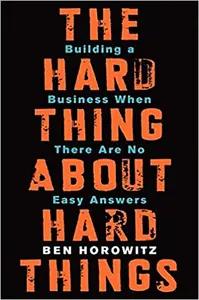
The Hard Thing About Hard Things
Ben Horowitz
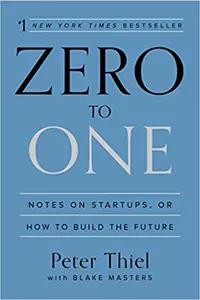
Zero to One
Peter Thiel
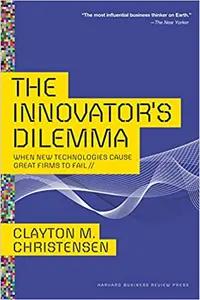
The Innovators Dilemma
Clayton Christensen
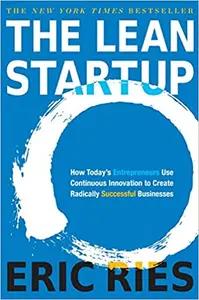
The Lean Startup
Eric Reis
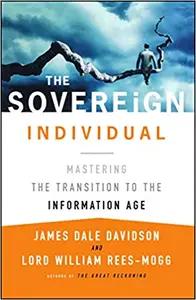
The Sovereign Individual
James Dale Davidson & William Rees-Mogg
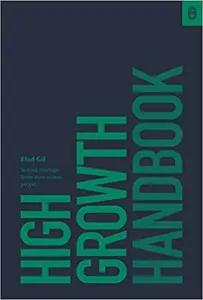
High Growth Handbook
Elad Gil
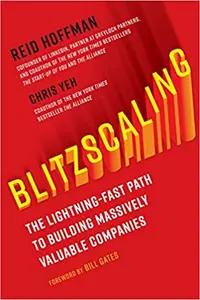
Blitzscaling
Reid Hoffman
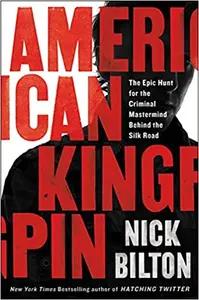
American Kingpin
Nick Bilton
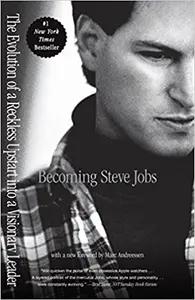
Becoming Steve Jobs
Brent Schlender
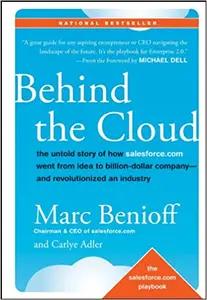
Behind the Cloud
Marc Benioff
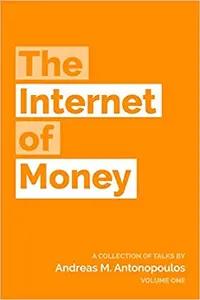
The Internet of Money Volume 1
Andreas Antonopolous
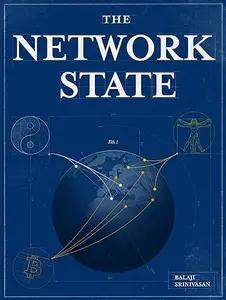
The Network State
Balaji Srinivasan
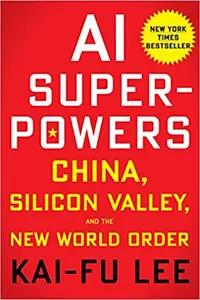
AI Superpowers
Kai-Fu Lee
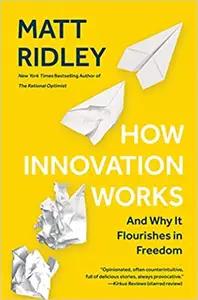
How Innovation Works
Matt Ridley
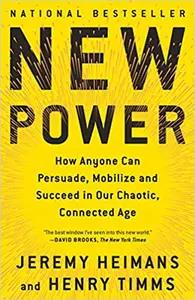
New Power
Jeremy Heimans

Read Write Own
Chris Dixon
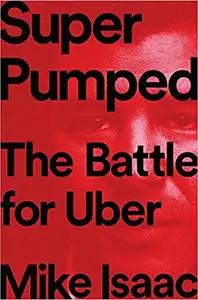
Super Pumped
Mike Isaac
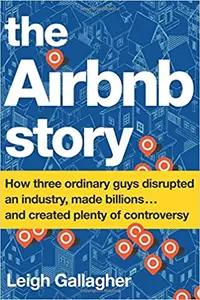
The Airbnb Story
Leigh Gallagher
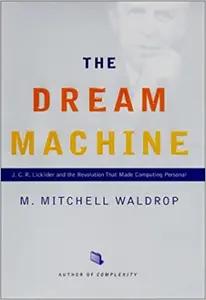
The Dream Machine
M. Mitchell Waldrop
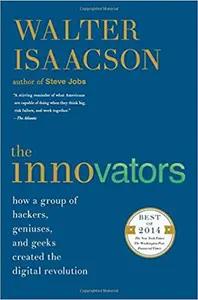
The Innovators
Walter Isaacson
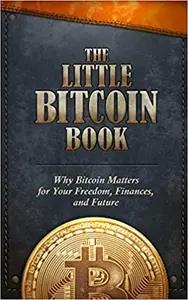
The Little Bitcoin Book
Bitcoin Collective
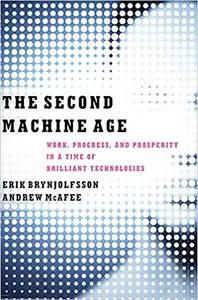
The Second Machine Age
Erik Brynjolfsson
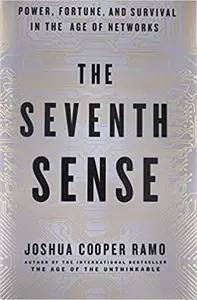
The Seventh Sense
Joshua Ramo
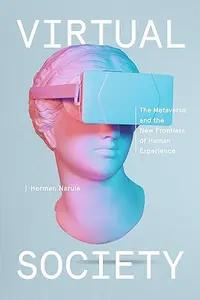
Virtual Society
Herman Narula
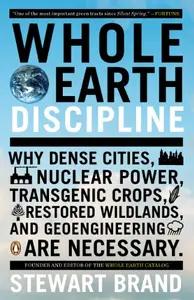
Whole Earth Discipline
Stewart Brand
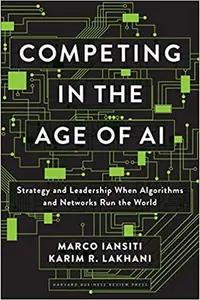
Competing in the Age of AI
Marco Iansiti
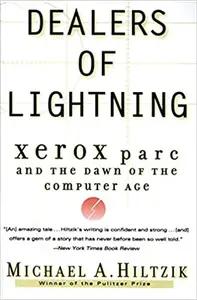
Dealers of Lightning
Michael A. Hiltzik
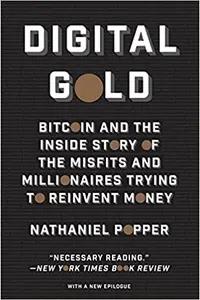
Digital Gold
Nathaniel Popper
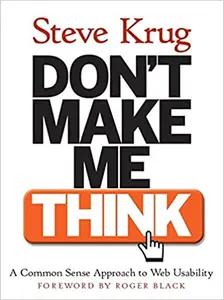
Don't Make Me Think
Steve Krug
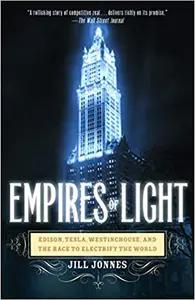
Empires of Light
Jill Jonnes
Popular Books Recommended by Great Minds 📚

Lying
Sam Harris

Shoe Dog
Phil Knight
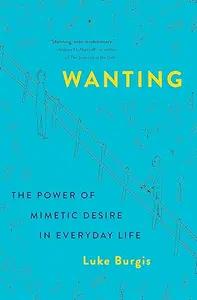
Wanting
Luke Burgis
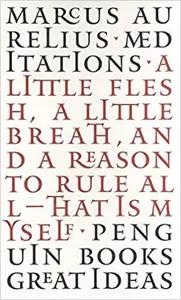
Meditations
Marcus Aurelius
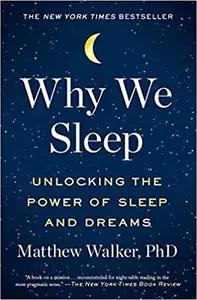
Why We Sleep
Matthew Walker
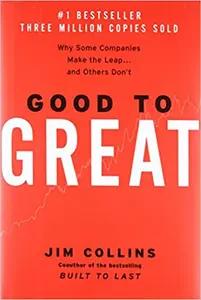
Good To Great
Jim Collins
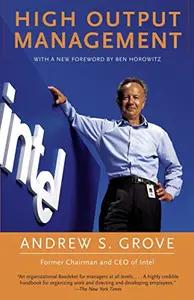
High Output Management
Andrew Grove
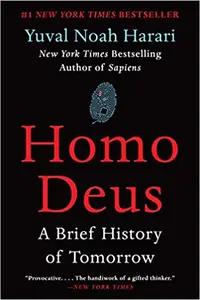
Homo Deus
Yuval Noah Harari
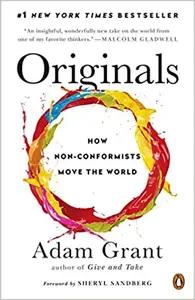
Originals
Adam Grant

The Internet of Money Volume 1
Andreas Antonopolous
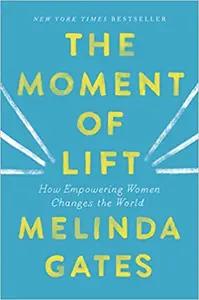
The Moment of Lift
Melinda Gates

When Breath Becomes Air
Paul Kalanithi
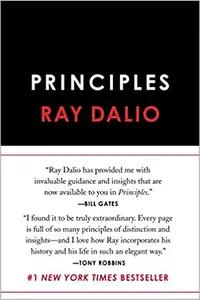
Principles
Ray Dalio
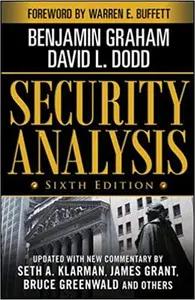
Security Analysis
Benjamin Graham
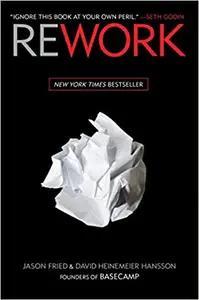
Rework
Jason Fried
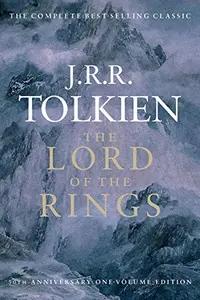
The Lord of the Rings
J.R.R. Tolkien
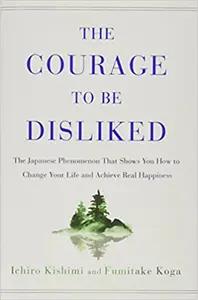
The Courage To Be Disliked
Ichiro Kishimi
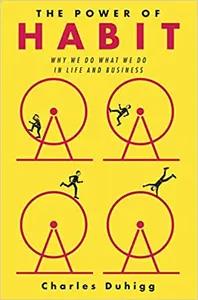
The Power of Habit
Charles Duhigg
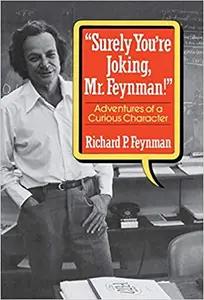
Surely You're Joking Mr. Feynman
Richard Feynman
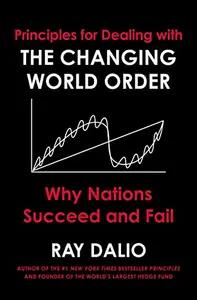
Principles for Dealing With The Changing World Order
Ray Dalio
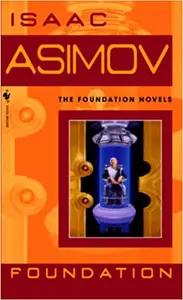
Foundation
Isaac Asimov

American Kingpin
Nick Bilton
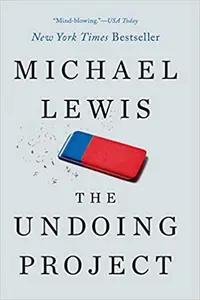
The Undoing Project
Michael Lewis

Red Notice
Bill Browder

The Checklist Manifesto
Atul Gawande
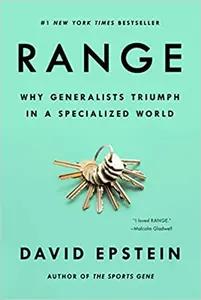
Range
David Epstein
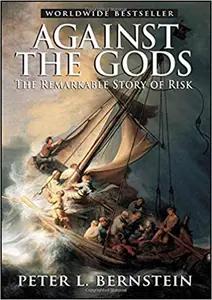
Against The Gods
Peter Bernstein
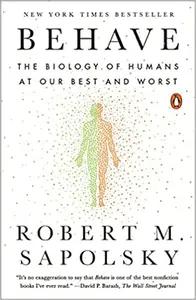
Behave
Robert Sapolsky
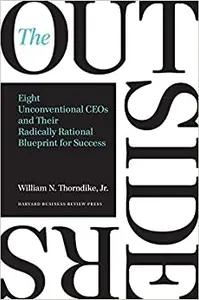
The Outsiders
William Thorndike
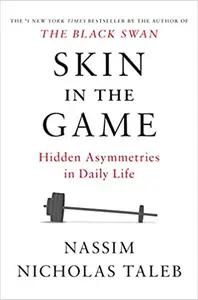
Skin In The Game
Nassim Taleb